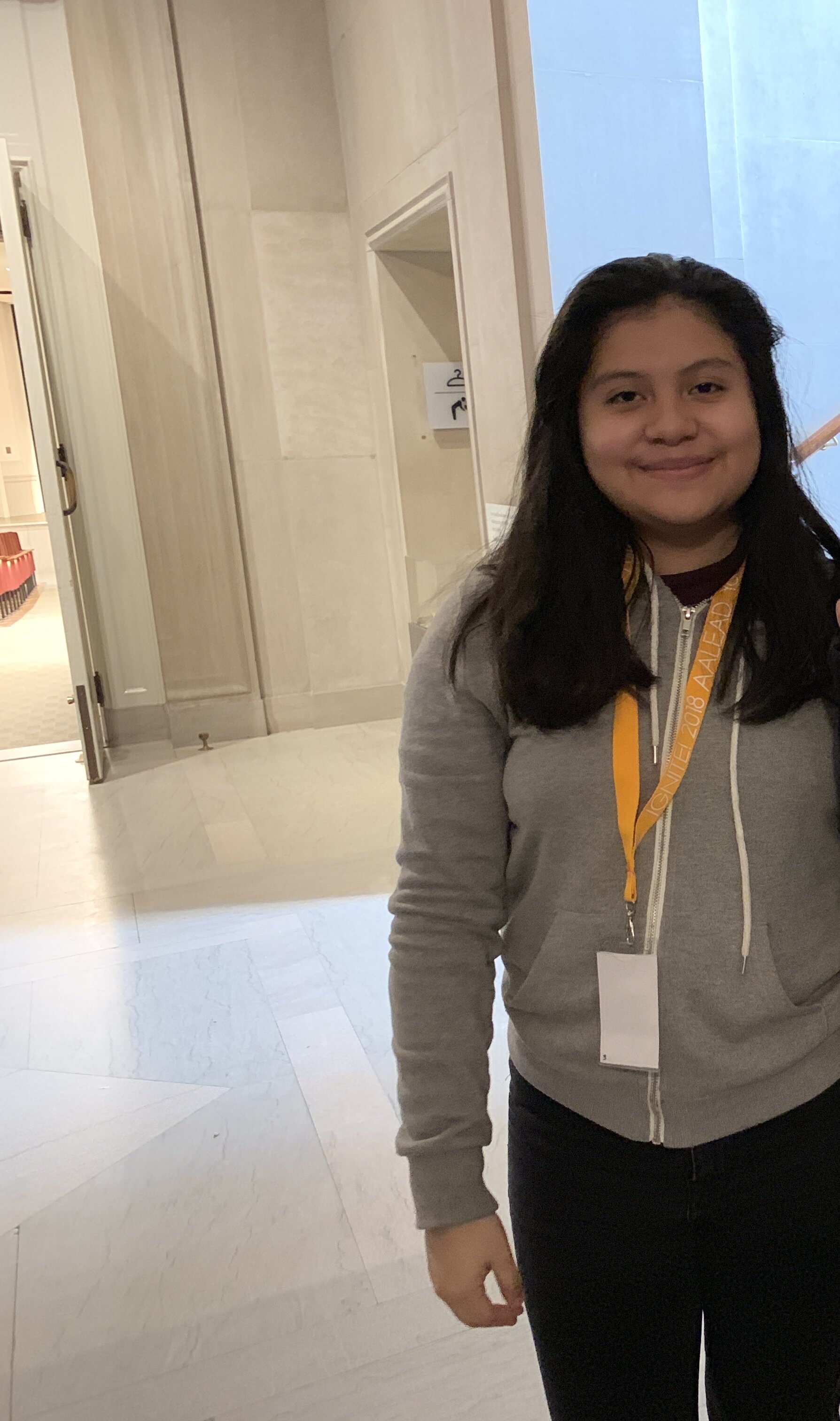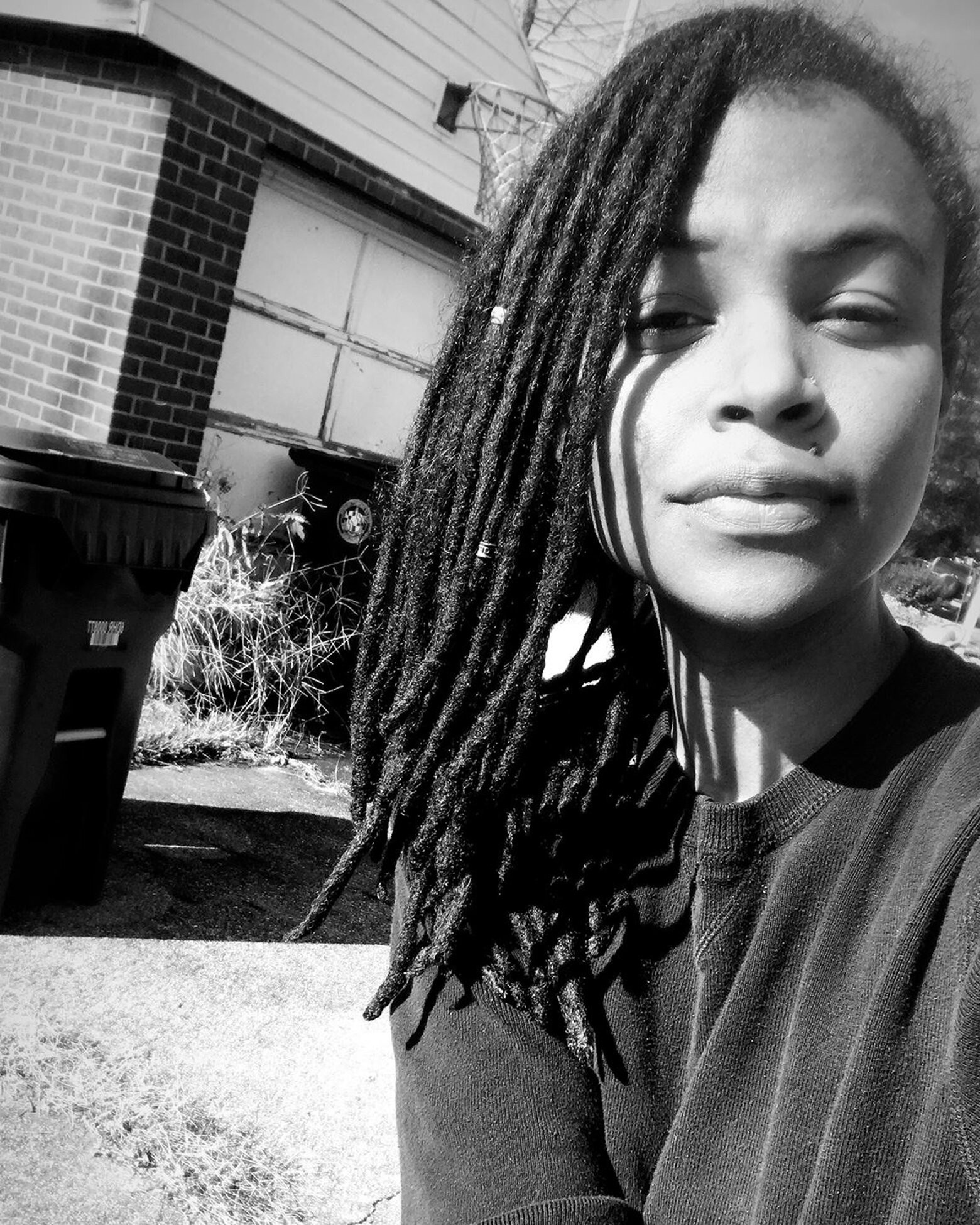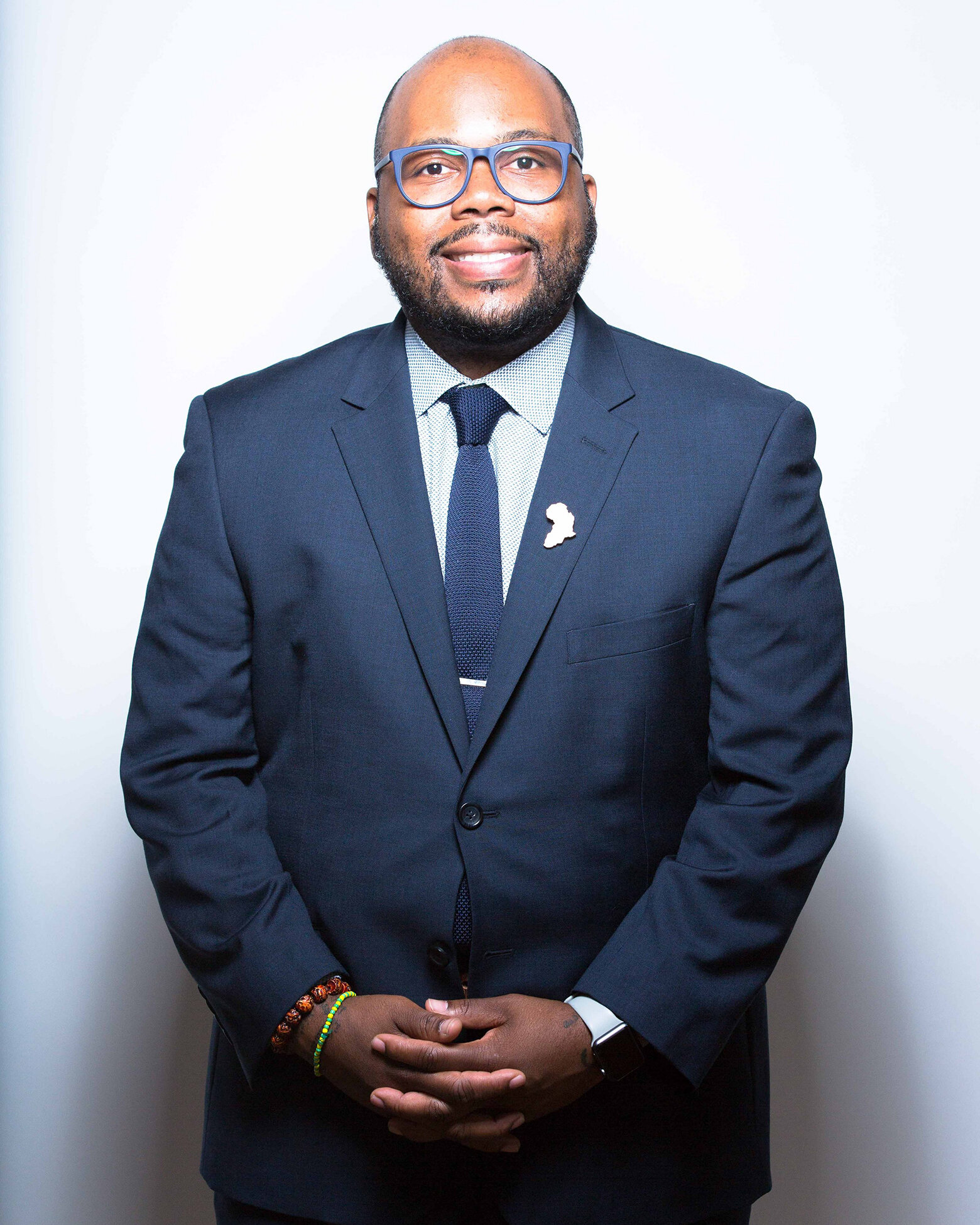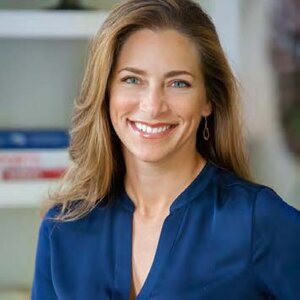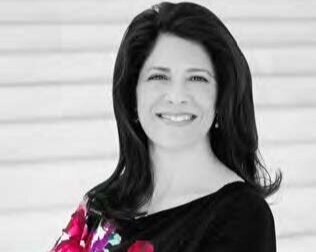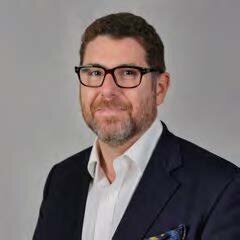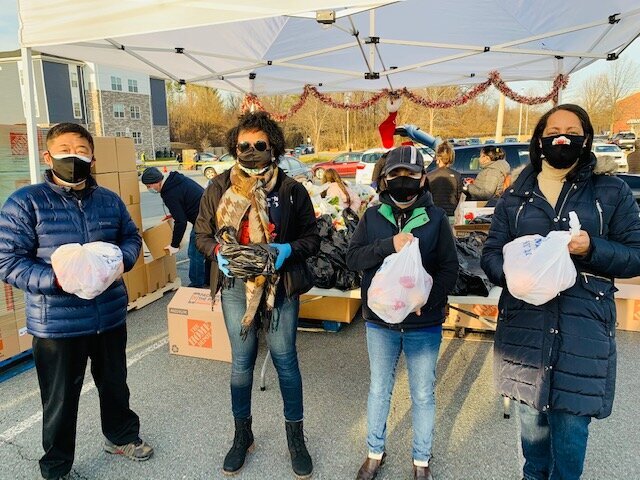Ten Local Nonprofits Receiving Support to Address Vaccine Hesitancy, Mental Health, Food Access, and Reopening Schools
The Greater Washington Community Foundation is proud to announce an additional $337,000 in relief and recovery grants from the COVID-19 Emergency Response Fund. Since March 2020, The Community Foundation has raised and distributed more than $11 million for coordinated emergency response and recovery efforts. These rapid response grants have helped local nonprofits to expand critical services, ensure continuity of operations, transition to virtual service delivery, and counteract lost revenue due to closures or event cancellations.
The Community Foundation established the COVID-19 Emergency Response Fund to lead a coordinated regional philanthropic response to the pandemic and resulting economic crisis. Together with our peers in philanthropy, this effort focused on addressing urgent needs and reaching adversely affected communities, especially low-income households and communities of color who have been disproportionately impacted by this crisis.
As we continue responding to urgent needs while fostering an equitable recovery, The Community Foundation’s new round of funding will make investments in 10 nonprofits working across four priority areas:
Supporting efforts to overcome vaccine hesitancy and to open vaccination sites in impacted communities:
Family & Medical Counseling will receive $15,000 to support COVID-19 testing and vaccination targeting residents of DC and Prince George's County, especially those living in Ward 7 and 8 and in the southern areas of Prince George's County.
La Clinica del Pueblo will receive $15,000 to support COVID-19 testing and vaccination targeting majority Latinx communities in DC and Prince George's County.
Latin American Youth Center will receive $27,000 to support engagement and outreach efforts to disseminate information on combating spread of COVID-19 and testing and vaccination options to increase the vaccination rate among Black and Latino populations in the region.
Mary’s Center will receive $50,000 to replicate its mobile vaccine clinics, currently serving disproportionately impacted communities in DC, and expand into Montgomery County and Prince George’s County with a focus on hard-to-reach populations.
Addressing the mental health needs of frontline workers:
Wendt Center for Loss and Healing will receive $85,000 to provide emotional support sessions (workshops and process groups) for frontline professionals and social services nonprofits whose staff members have been deeply impacted by COVID-19.
Advancing efforts to increase food access:
DC Hunger Solutions and Maryland Hunger Solutions will receive $40,000 to deliver critical outreach to prospective and eligible SNAP participants, provide technical assistance on school meal programs, offer education and training, and advance advocacy campaigns to increase access to federal nutrition programs.
The Mid-Atlantic Food Resilience and Access Coalition (MAFRAC) will receive $45,000 to extend its local food mini-grant program to resource BIPOC-led organizations with funds to purchase food through MAFRAC’s extended network of local food producers, including a number of Black-owned farms.
Ensuring an equitable and safe return to school:
Community Youth Advance will receive $25,000 to recruit, onboard, and train mentors for 25 students to work on a pathway for re-engagement in school, as part of a partnership with PGCPS and the Governor’s Emergency Education Relief Fund (GEER) focused on re-engaging at-risk and chronically absent high school students.
DC Action for Children will receive $35,000 to support building strong partnerships between schools and Out of School Time programs to ensure an equitable and safe return to school and advocate for access to high quality learning opportunities beyond the school day that prepare DC’s youth for success in education, careers, and life.
“Due to the deep pre-existing inequities that have been exacerbated by COVID-19, we know that many communities in our region are still struggling—and will be for some time,” said Benton Murphy, Senior Adviser for Impact at the Greater Washington Community Foundation. “As our region’s crisis response leader, The Community Foundation and our partners will continue to respond to the critical needs of our community as we work towards building an equitable recovery and future for our region.”
The COVID-19 Emergency Response Fund was established on March 12, 2020 with support from nearly 1,500 foundations, corporations, and individuals/families. A list of the major partners and contributors to the Fund can be found here.
More than 1,600 nonprofits applied for a total of $60 million in grants – approximately six times the amount of funds raised to date. The Fund has provided support to 300 nonprofits providing food, shelter, educational supports, legal aid, and other vital services to our neighbors facing hardships due to COVID-19. Over half of all recipient organizations are led by people of color. A list of nonprofit partners can be found here.







